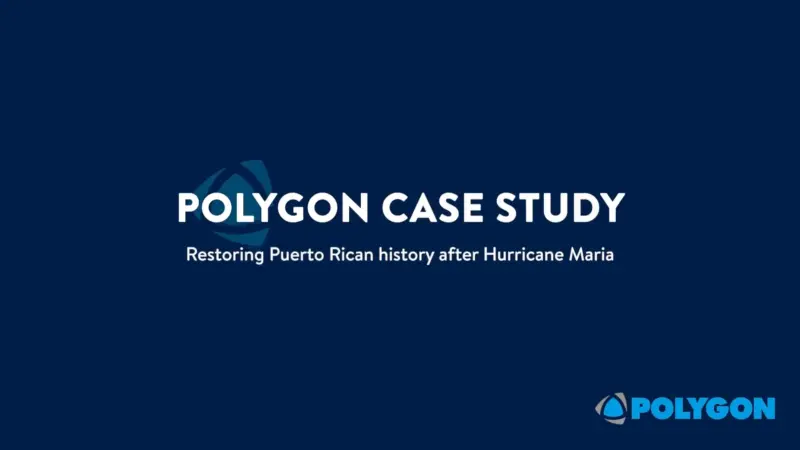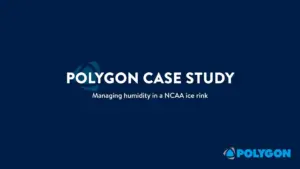Toxic Cleaners Are Being Misused and Overused During the COVID Pandemic
Never before has American society paid as much attention to cleaning products and hygiene as it is now.
Yet, even in this heightened moment of hygiene, John Shanahan, President and CEO of Ionogen, said we’re still not doing even close to enough research about the products being used – and often overused – during the COVID-19 pandemic. While the N list distributed by the EPA is a list of all products it expects to kill the novel coronavirus SARS-CoV-2, there are knock-on effects not being considered, according to Shanahan.
“The N list is this new ‘Gucci’ line. If you’re an N-listed product, you’re effective against the COVID virus. It’s very interesting. The EPA and FDA are agencies set aside to help us. They’re supposed to protect us, they’re supposed to keep us safe. What the EPA neglects to tell us is many products listed on the N list are toxic to human health,” Shanahan said. “We know we have to deal with this issue of COVID … We look to these venerable agencies and say please give us the guidance to protect us and keep us safe, and there are products like quaternary disinfectants.”
Too often, facility managers simply assume something is good because it’s approved for use by government agencies, yet this can set up an employer for serious financial damages in the future if employees are harmed.
“The way to understand the finances and the financial damage is we have to have a realistic example of some prior precedent,” Shanahan said. “The prior precedent was set up in the three separate lawsuits that involved Roundup as an herbicide approved by the EPA.”
In those cases, the place of employment is party to the lawsuit in addition to the manufacturer. That’s why checking safety data sheets and choosing non-toxic cleaning products can be essential.
For the latest news, videos, and podcasts in the Building Management Industry, be sure to subscribe to our industry publication.
Follow us on social media for the latest updates in B2B!
Twitter – @MarketScale
Facebook – facebook.com/marketscale
LinkedIn – linkedin.com/company/marketscale







